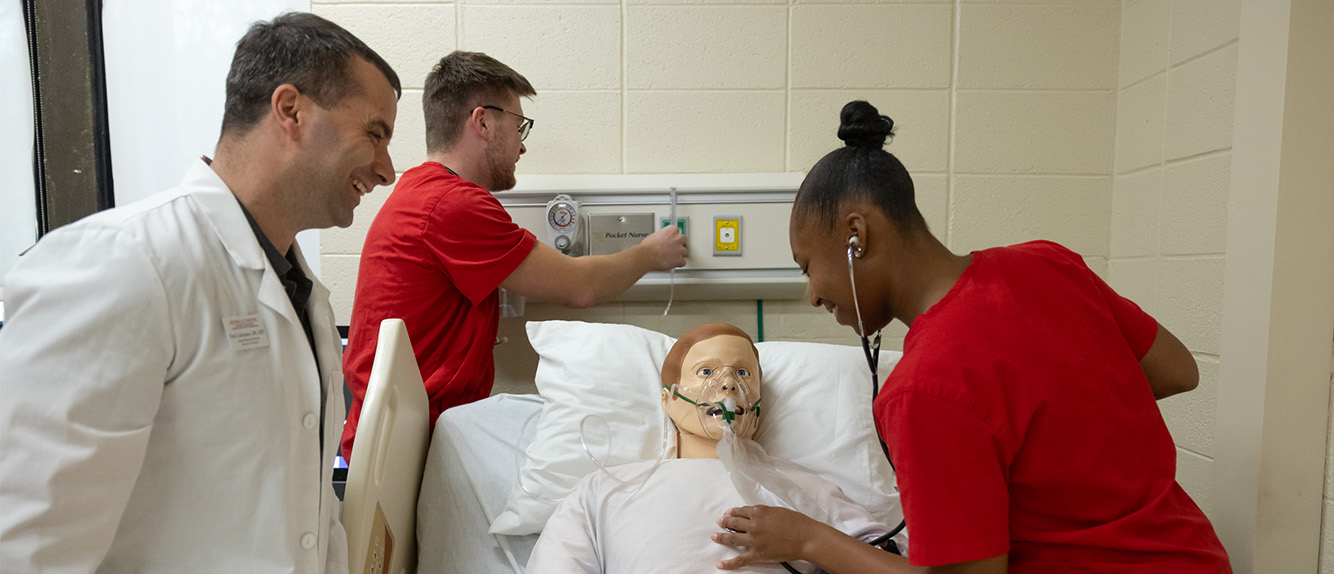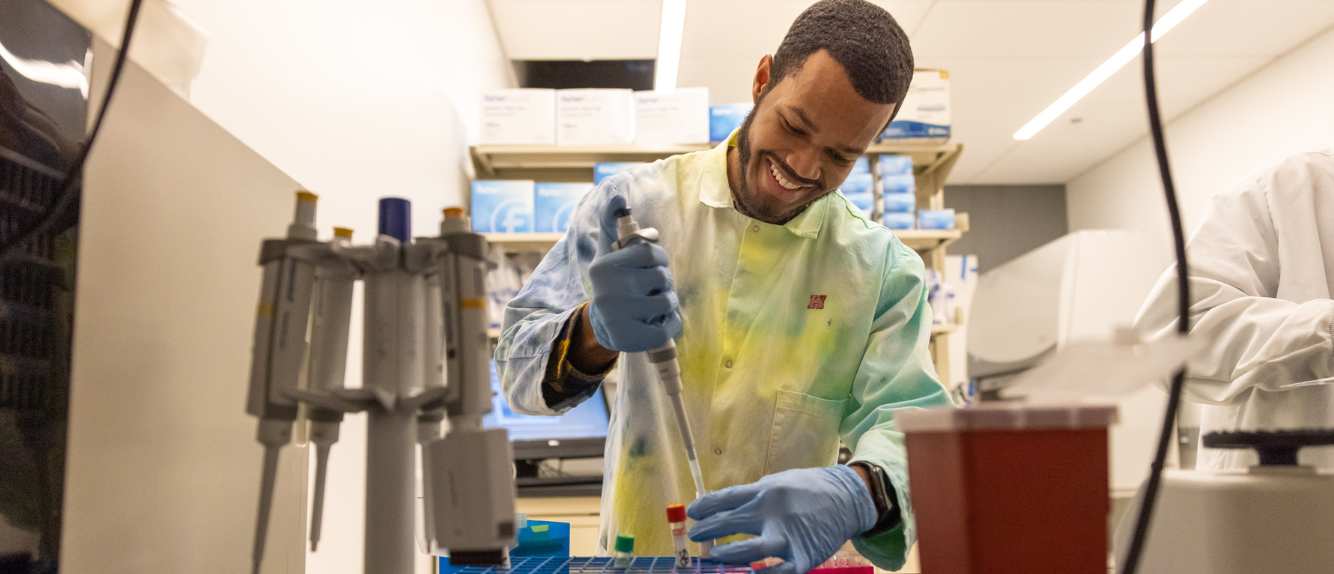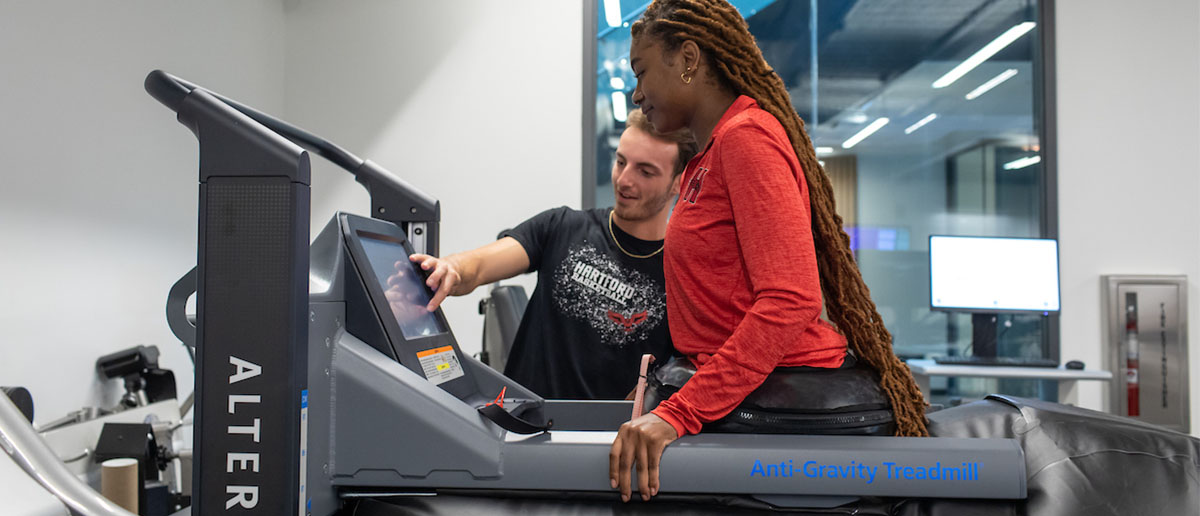Transfer students who apply to the Radiologic Technology program may be eligible for admission as a first-year or second year (sophomore) student depending on their individual completed coursework. Due to the direct entry nature of the program and clinical site availability, seats are limited. This process is applicable for both internal (change of major) and external (another institution) transfer students.
To be eligible to enter as a second-year student, all pre-requisites listed below must be successfully completed and all other requirements met by the end of the first summer term.
- Completed the following math and science courses with a minimum C+ grade:
- One college-level math course (3 credits) at the algebra level or higher
- One college-level course, with lab, in each of the following sciences
- General Biology (4 credits)
- General Chemistry (4 credits)
- General Physics (4 credits)
Once these criteria have been met, applicants have the option to be placed on a waiting list. Decisions on waiting-list applicants are made at the end of the spring term for the next fall semester and are based on cumulative GPA, submission of all transcripts, and clinical placement availability. In rare cases, decisions will be made at the end of the first summer semester.
Change of major requests are only approved upon the acceptance of an internal transfer student into the radiologic technology program.
Any student currently or formerly enrolled in another radiography program will be evaluated on an individual basis.
Information regarding transfer admission procedures, along with application process is handled through the Office of Admission.


